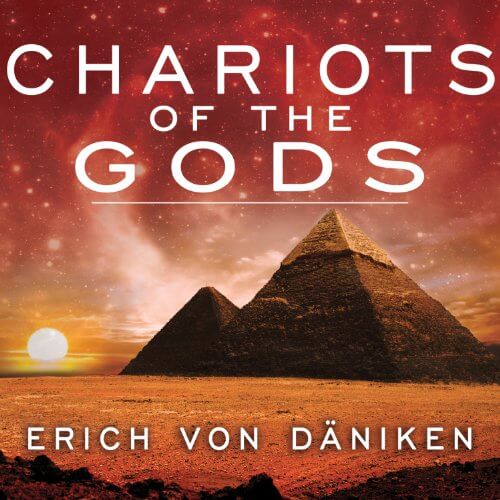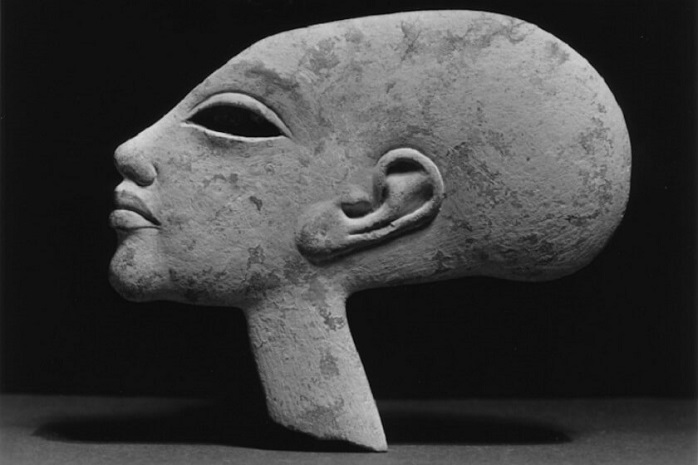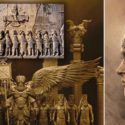Erich von Daniken’s ‘ET’ Assertions Gain Credibility Over Time
When Erich von Daniken’s book Chariots of the Gods was published in 1968, his claims of alien contact extending back to Earth’s infancy were scorned.
“All sides attacked my beliefs, particularly the scientific community,” he says. “They thought the idea of extraterrestrials was a load of hogwash.”
According to von Daniken’s core thesis, extraterrestrials visited Earth and observed our Stone Age predecessors learn about their lives, learn languages, and give advice. These entities subsequently left the world, but they vowed to return to prehistoric people.

Because of man’s simple means and lack of technology, they mistook these alien living forms for Gods. These Gods were incorporated into mythology and religion to expect them to return one day.
Von Daniken has written 32 volumes since the publication of Chariots of the Gods, each one attempting to strengthen his thesis.
“I feel the world’s attitude toward extraterrestrials has shifted, and many other authors and scientists have released books with similar conclusions to back this up,” adds von Daniken. “I have grown older and wiser, and it’s now widely recognized.”
Von Daniken will speak on a panel at contact in the desert, a conference dedicated to a severe and scholarly examination of the UFO phenomena and its influence on humanity. The public is invited to attend a series of lectures, panels, and workshops at the Joshua Tree Retreat Centre on August 8-10 to learn more about the scientific approach to the mythology of ancient aliens.

Von Daniken will join colleagues in their quest for the truth, participating in debates based on factual data, historical study, and fresh discoveries.
He says he will share “a blend of all information” in his lectures and continue using current technology trends. He employs computer animation to present a model interpretation of a spacecraft based on Ezekiel’s vision of a “chariot” emerging from the clouds.
He also uses modern scientific discoveries, such as discovering a sea beneath Giza’s Great Pyramid. According to von Daniken, the great philosopher Herodotus was the first to write about this sea, and his contemporaries couldn’t believe there was a sea beneath the desert. Since then, modern scientists have discovered an ocean beneath the pyramid, which von Daniken has visited.
Von Daniken believes his views can now be proven as the scientific investigation continues to expand our understanding of the universe.
“I enjoy critical debate,” he says. “I tell my audience, ‘Please don’t believe this…control it.’ Strong arguments can no longer be dismissed. The idea of extraterrestrial life is interesting. It’s amazing and mind-blowing. These concepts could lead to creating a new academic field, and every science begins with a hunch, followed by a hypothesis. Then you check to see if the concept is excellent or bad…to see if it’s gibberish. What I do, I believe, is logical.”



